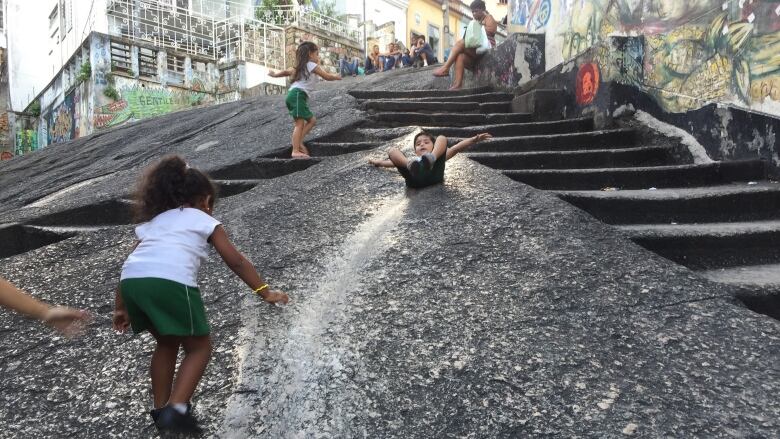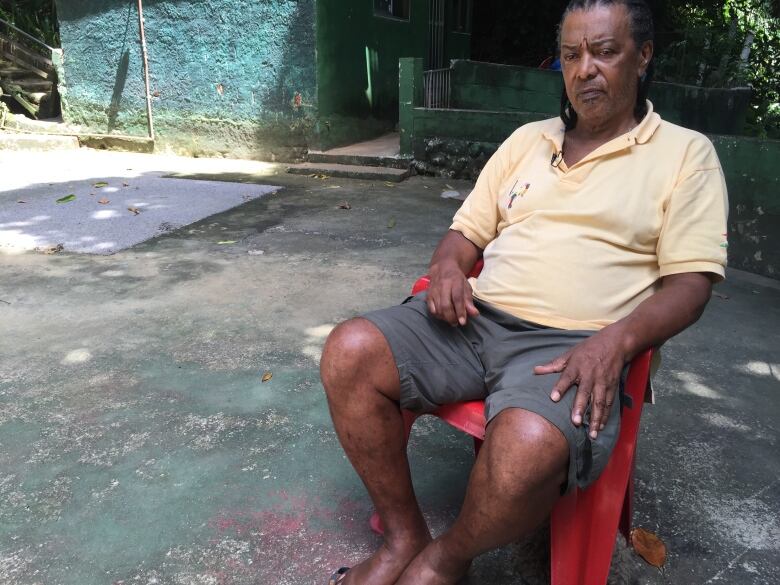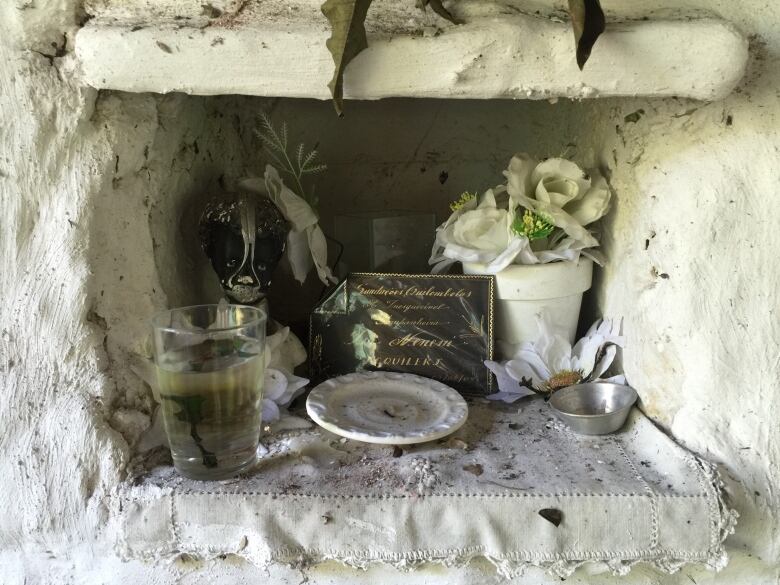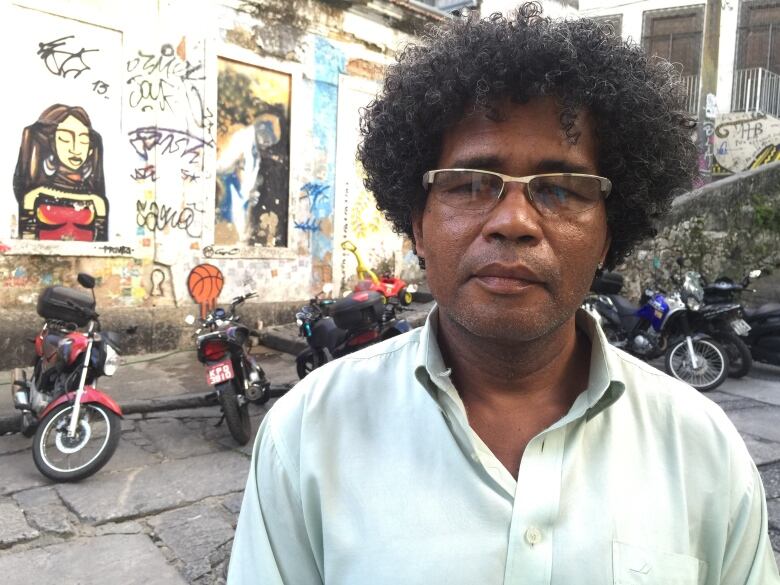Brazil communities founded by escaped slaves under new threat
Many of the country's 3,500 'quilombos' are on valuable land coveted by developers

Nestled in the heart of Rio is a neighbourhood known as Little Africa. A large rock forms its touchstone, and after school,children glide screaming down its surface. It is a rock that has beenworn smooth not by these children, though, but by slaves.
"This is called 'Rock of Salt,'" says historian Claudio Honorato, "because here there was the salt warehouse. Slavesunloaded salt here and other goods."
Honorato points to steps hewn in its surface. "These steps in the rock were made by the slaves in order to climb the stone. This is the synthesis of the history of the Afro-Brazilian culture in Rio de Janeiro."
This neighbourhood, formally known asPedra do Sal,is what is known as a quilombo,one of the more than 3,500 Brazilian communities founded by escaped slaves.
In 1988, Brazil gave those who live in quilombos a constitutional right to stay on their land, inpart as reparations for the country's sad legacy of slavery.
But now, more than 25 years later, many feel that Brazil's guarantee is as empty as the promise made to American slaves of 40 acres and a mule.

Several kilometresto the east, hidden among the trees, isa much smaller community called Quilombo Sacop.
It's a collection of about a dozen houses owned by the descendants of the Sacops. They've been here, says Luiz Sacop, for six generations.
And asyou walk through the community, you can seevestiges of African culture: in one corner is a small candombl shrine, a Brazilian reinvention of an old West African religion.
Land now valuable
"If this Brazil today exists, it's because it was made with the slave labour," says Sacop. "And today I think that the figure of the quilombolas is the representation of the pathfinders that suffered in the past and still suffer today."
For more than a century the families of Quilombo Sacopsay theyfended off evictions and forced relocations.
One of the residents, Marcia Pinto,says that, these days, it feels like the well-off in adjacent neighbourhoods want them moved into slums.
"I believe they think the poor people can't stay here together with them," Pinto says.

But the opposition is about more than race.The quilombos are often built on land that is now extremely valuable.
"This area of the Sacop quilombo is valued at 360 million Reals ($130 million). This has drawn the attention of the real estate market and they're now pursuing us."
In other areas, Sacop says, developers have even contaminated the water in order to force people off their land.
"From the government, he says, we've seen nothing but cowardice," he says.

After a long legal battle, Sacopsays he managed to get a document recognizing his family's claim.
"We don't have the final title, but we have the domain. So at this moment, the real estate speculation is inhibited because they know that this area can't be commercialized. They can't act against us."
But he's the exception.
"In many parts of Brazil, although the areas were recognized as quilombos, the land titles haven't been provided yet," Honorato says."There are very few entitled quilombo lands in Brazil."

Honoratosays that only about 10 per cent of the land claims have been recognized.
The Brazilian government cash-strapped, facing daily demonstrations has more immediate concerns than righting historical wrongs.
Those who live in the quilombos have traditionally voted for the ruling party.But those who live here say if their demands are ignored, their support can't be taken for granted.
"The slavery reparations," Honorato says, "have to be more than just an apology."












_(720p).jpg)


 OFFICIAL HD MUSIC VIDEO.jpg)
.jpg)



























































































